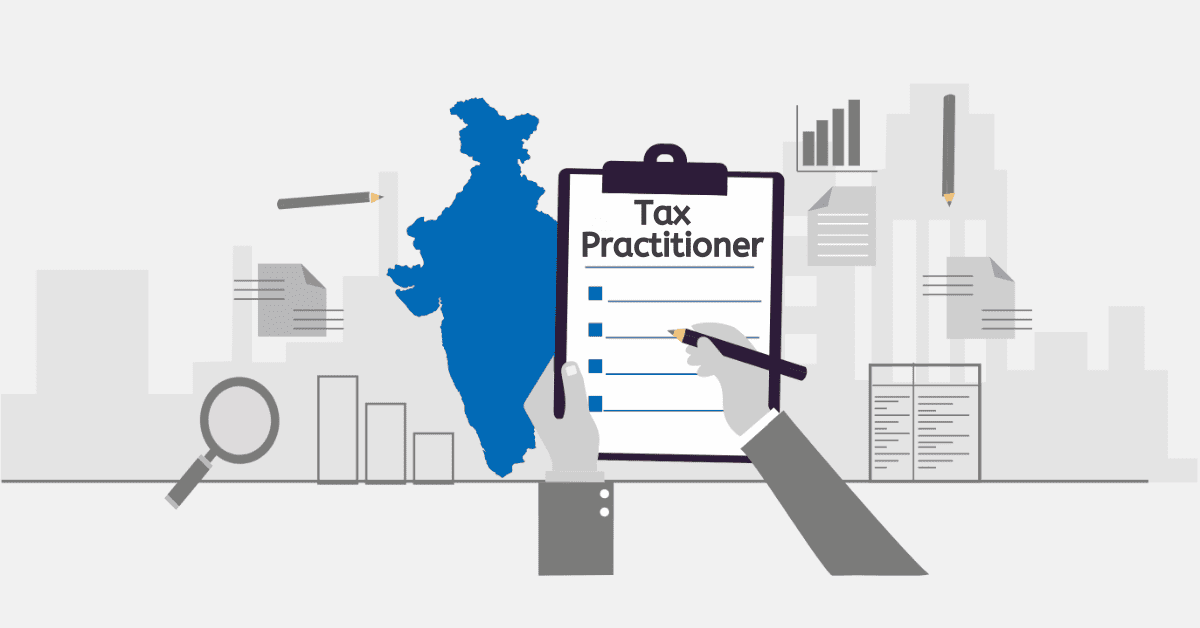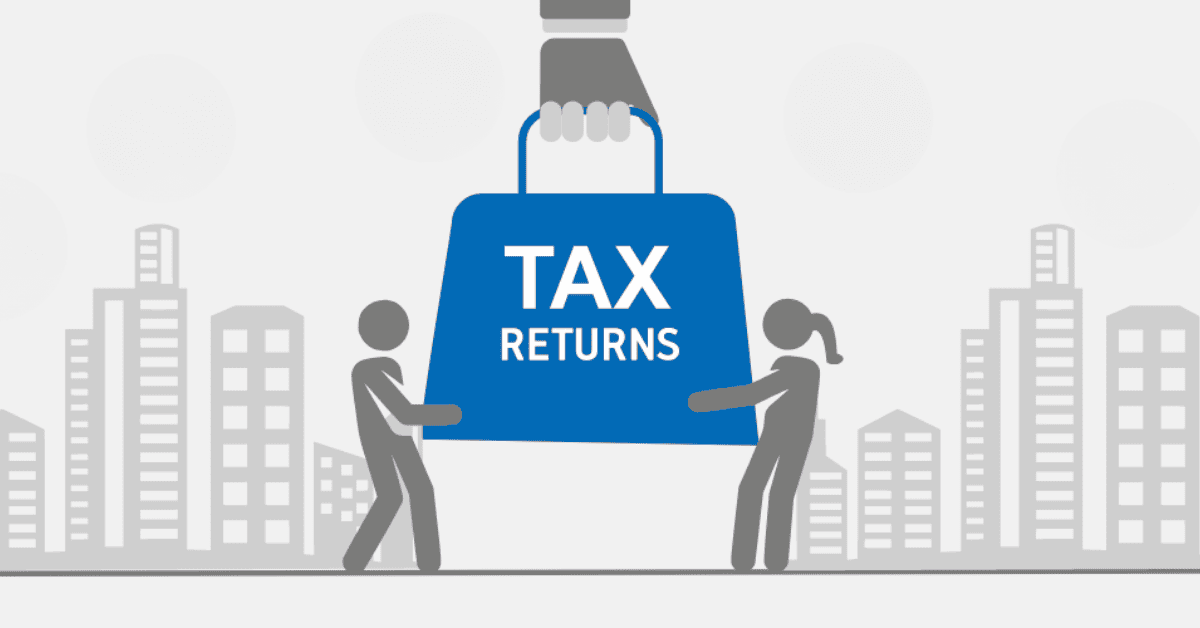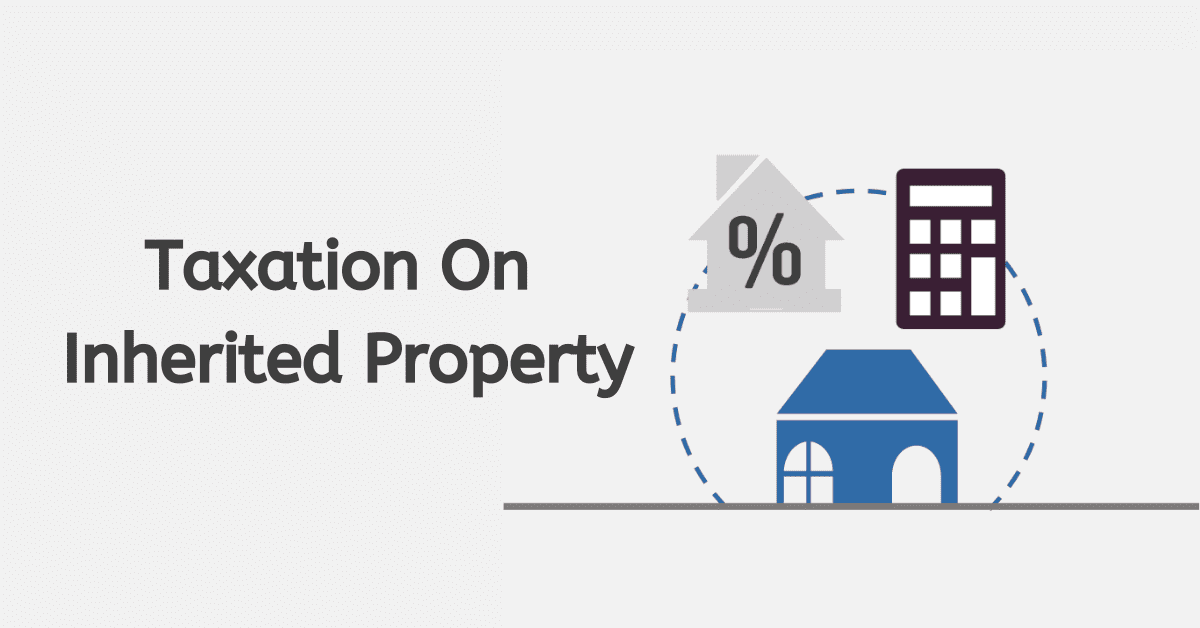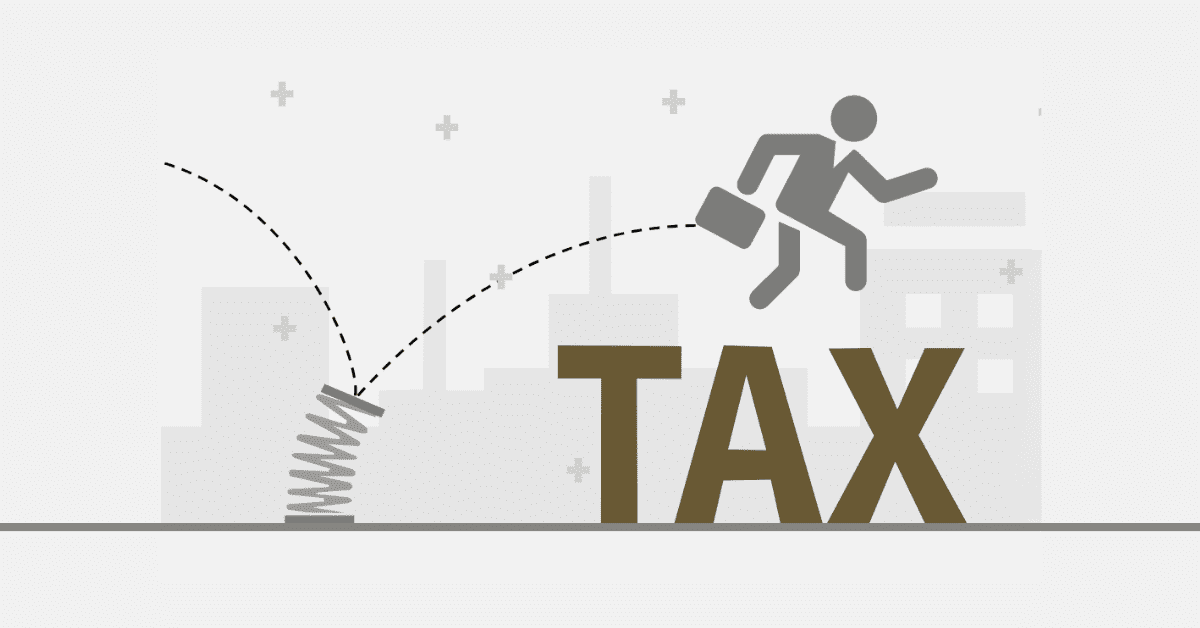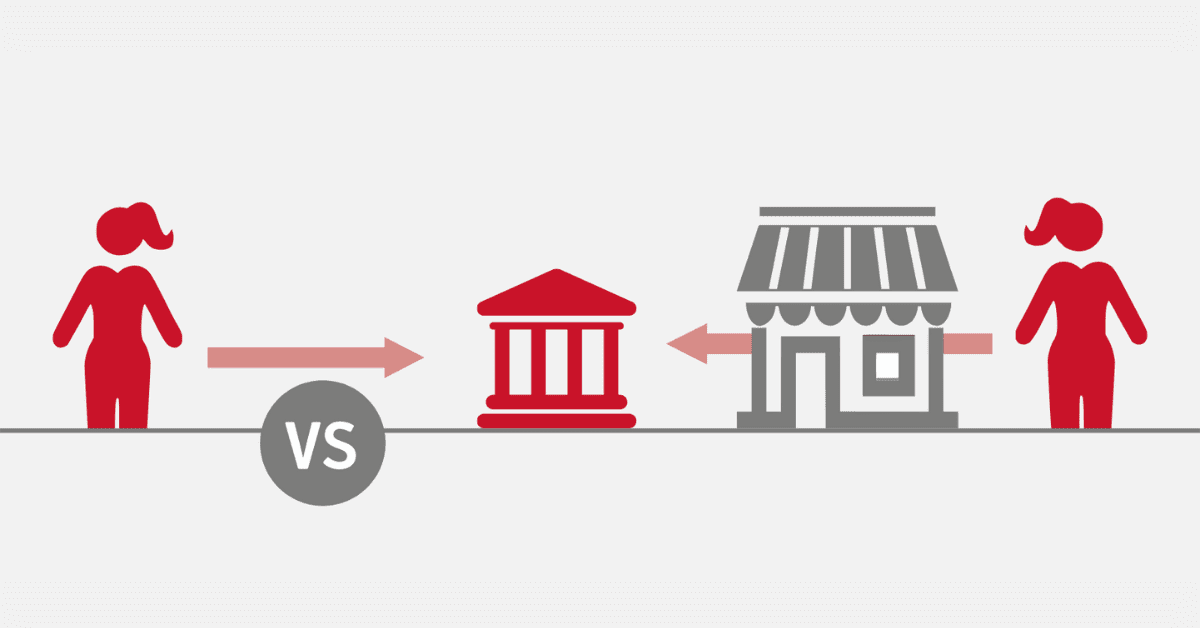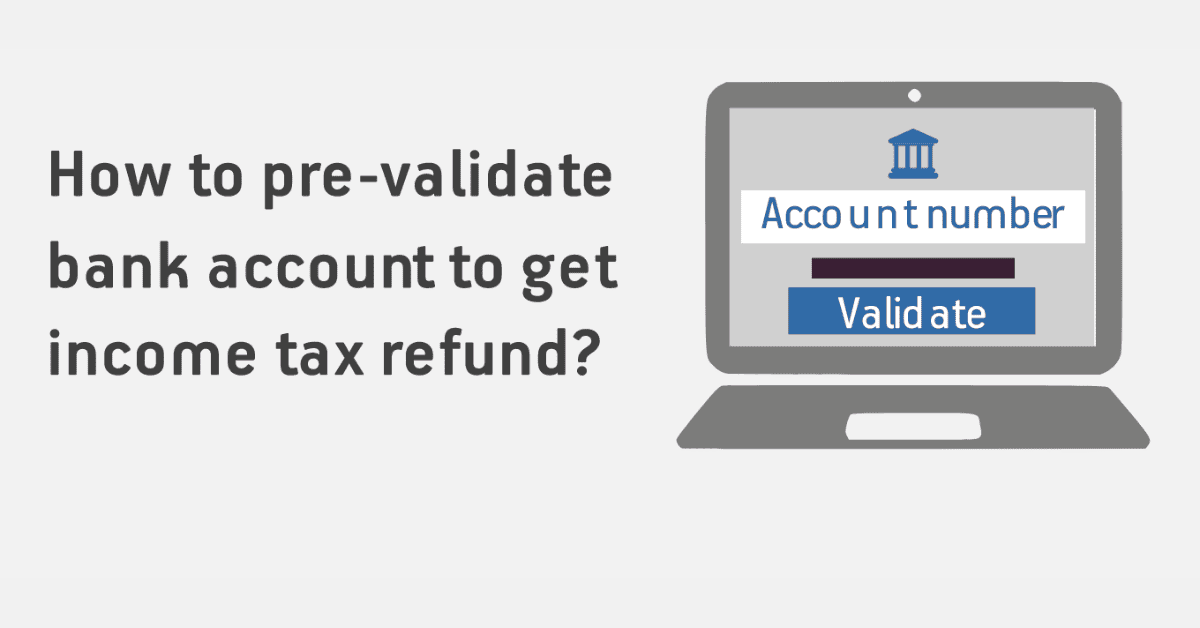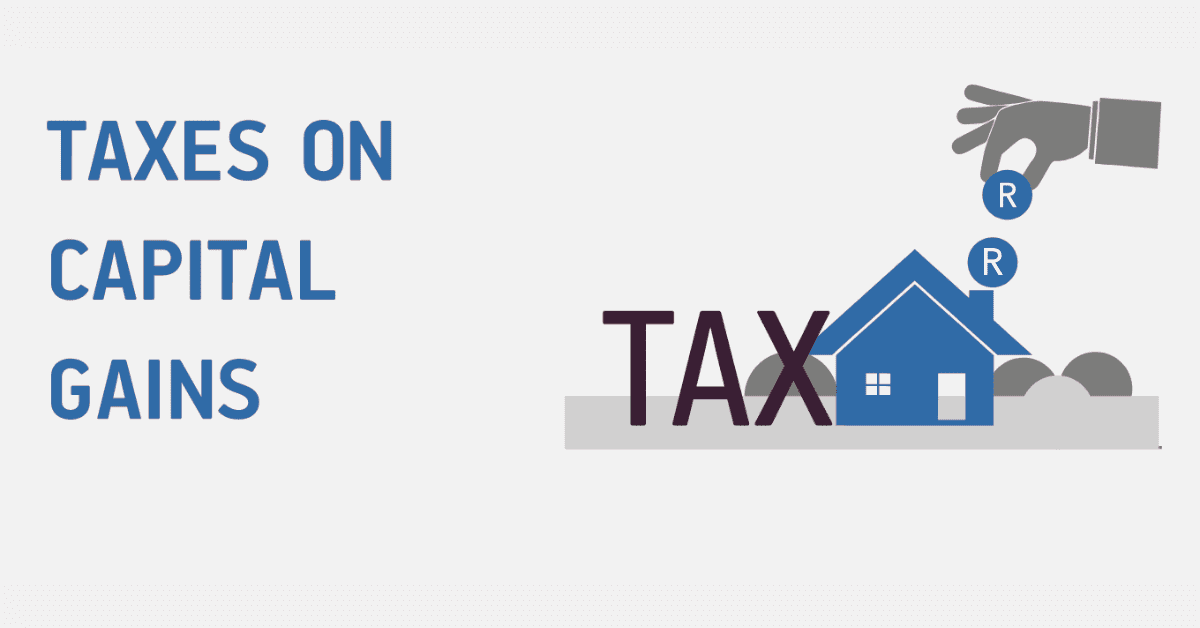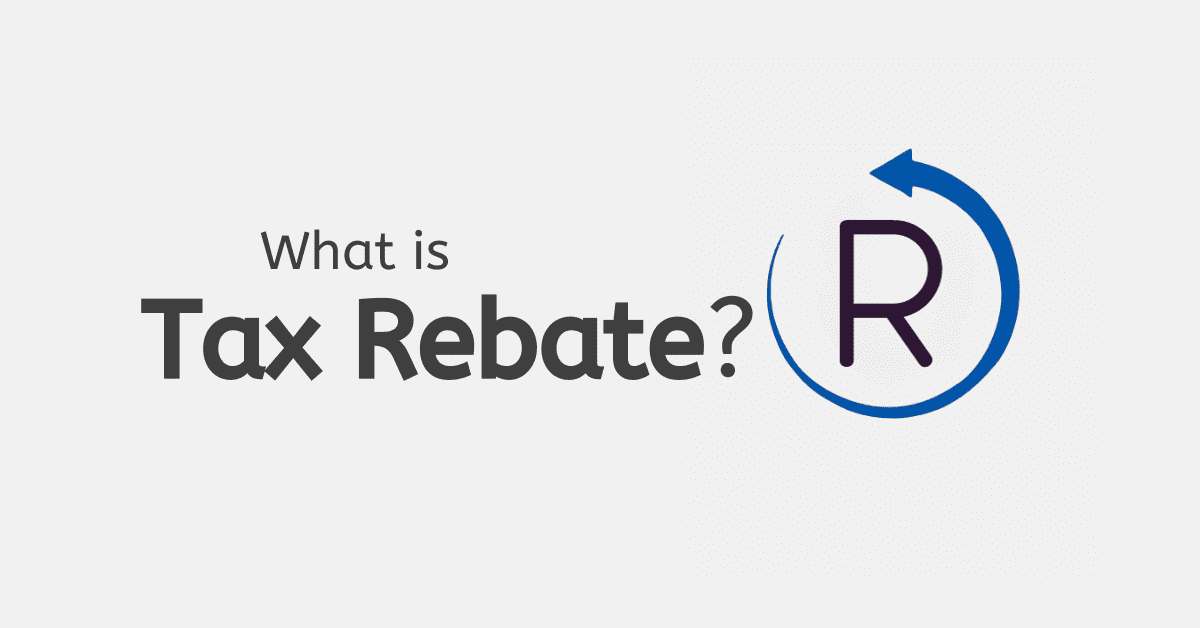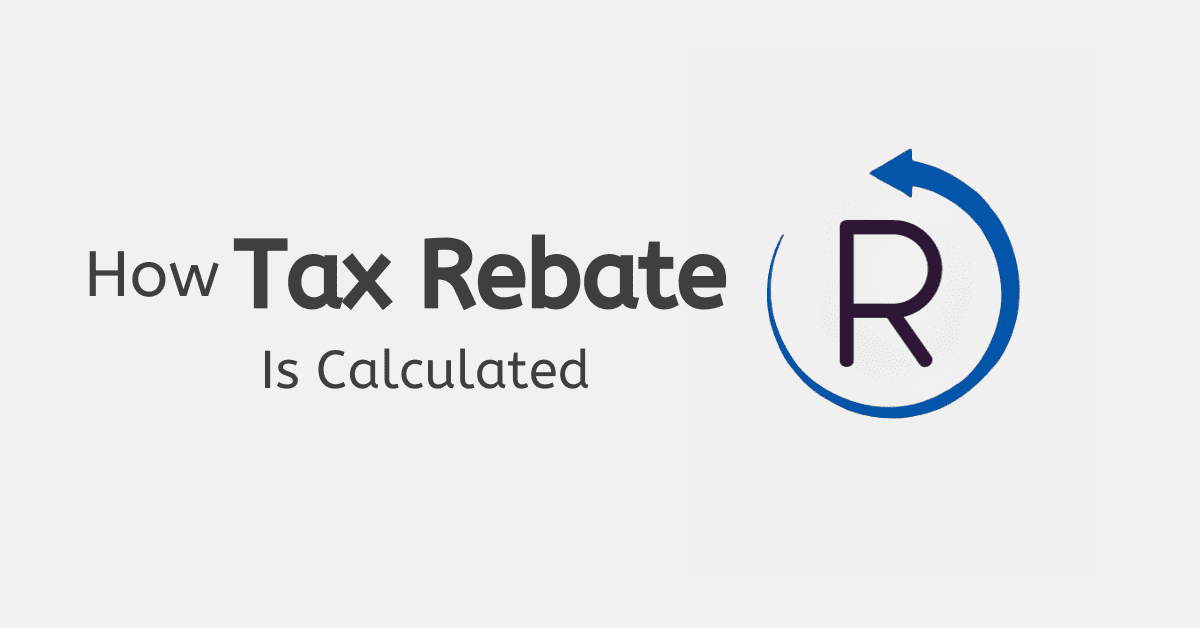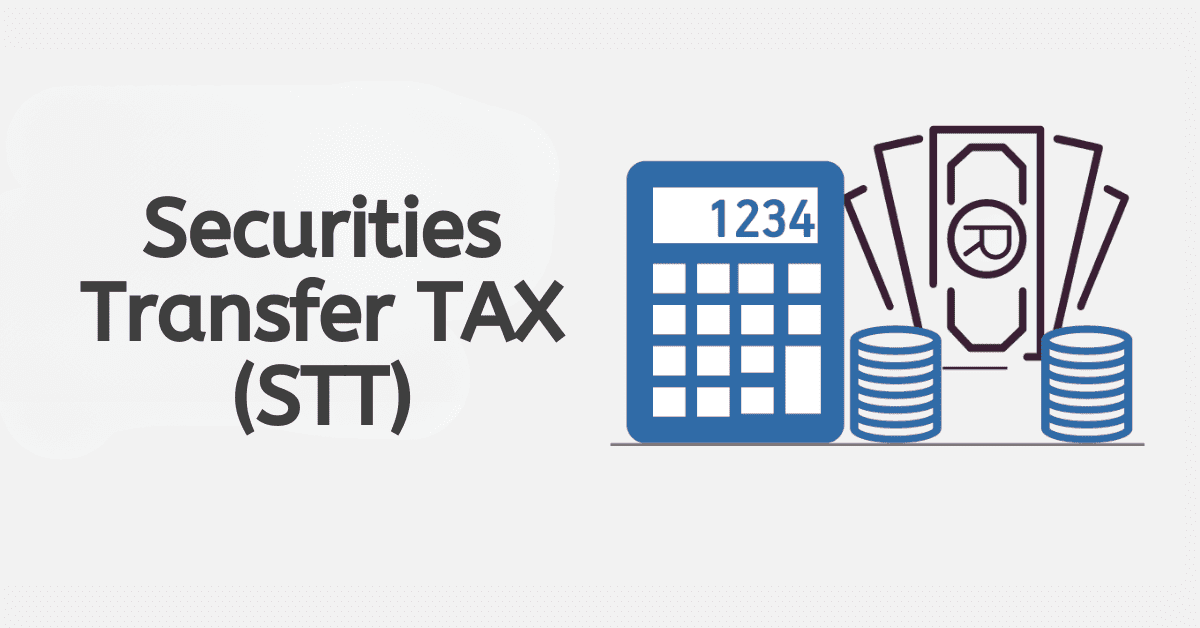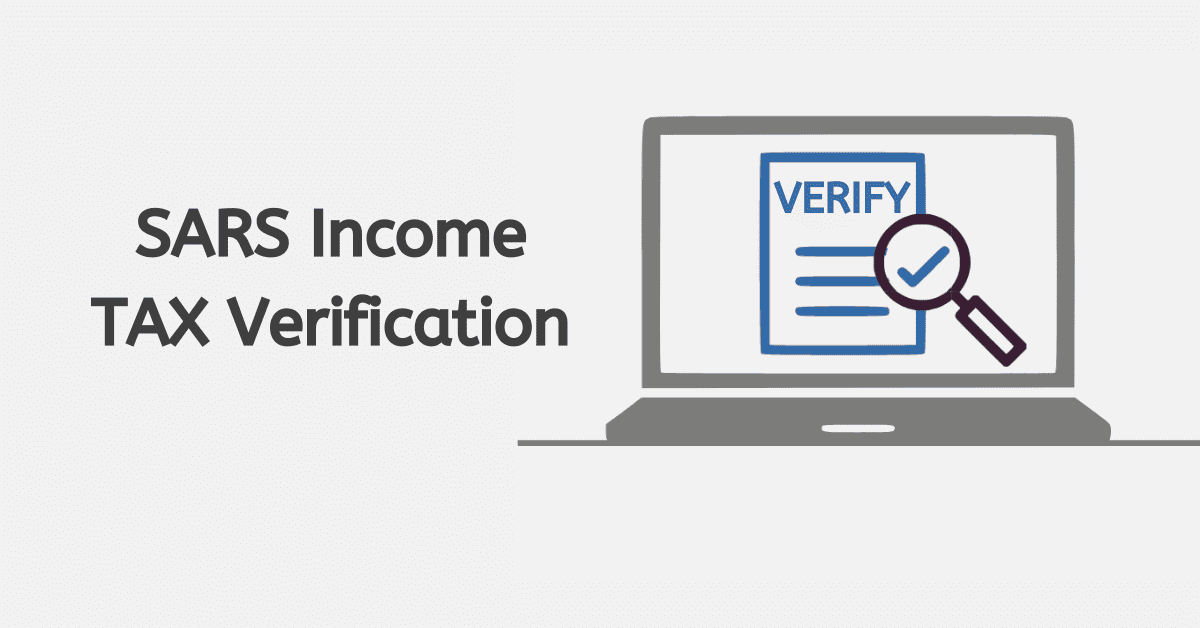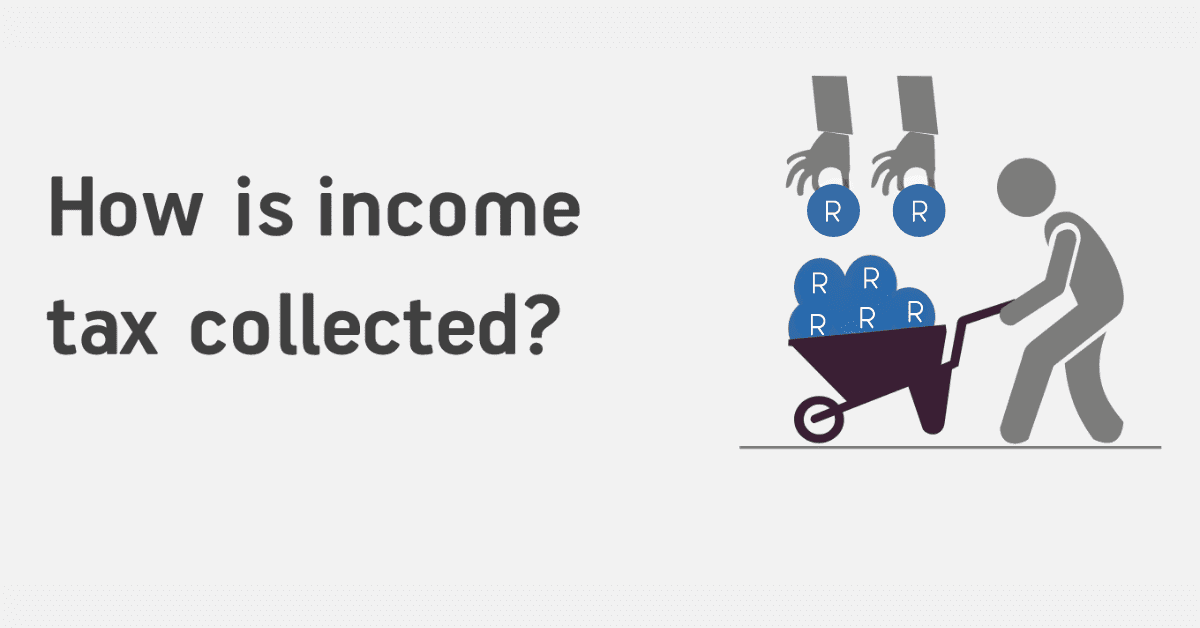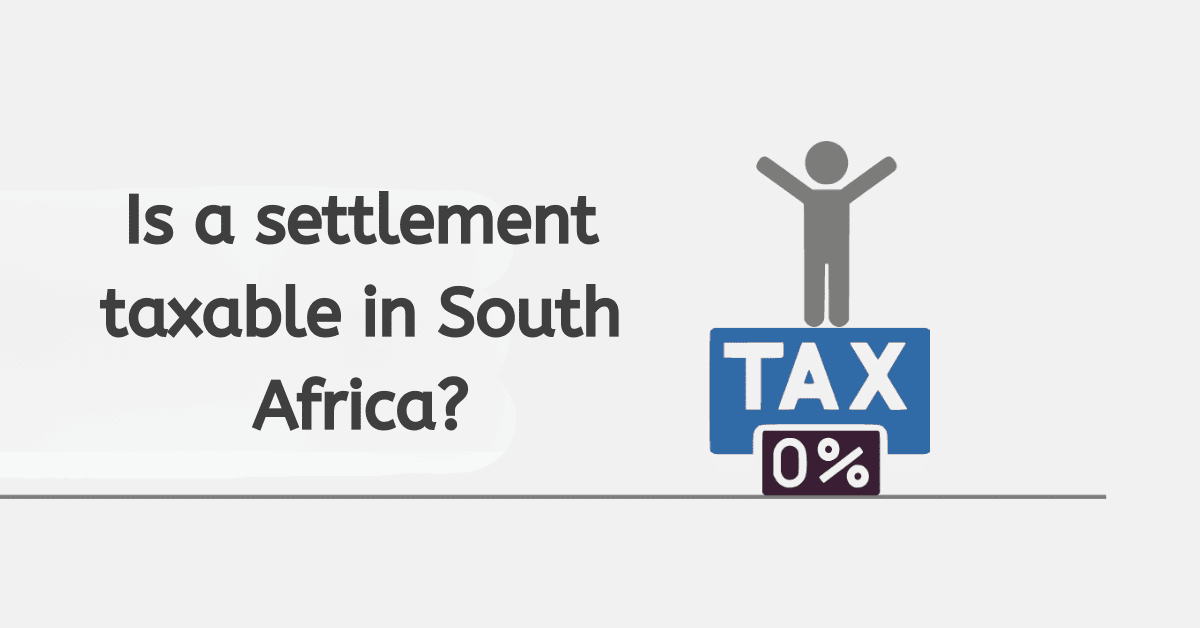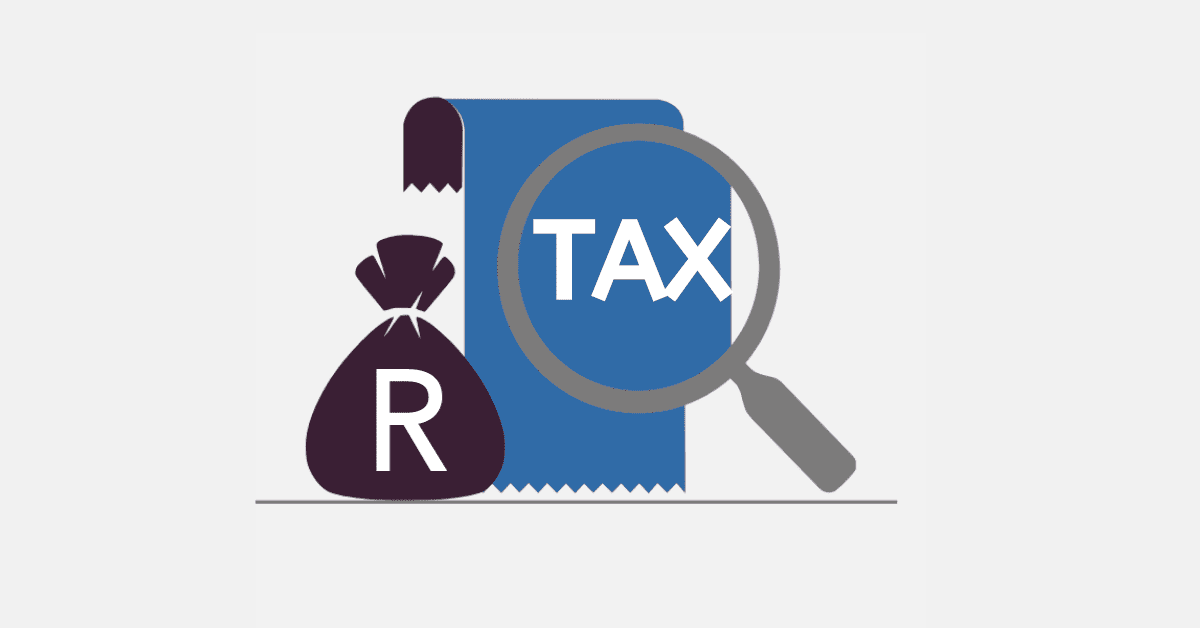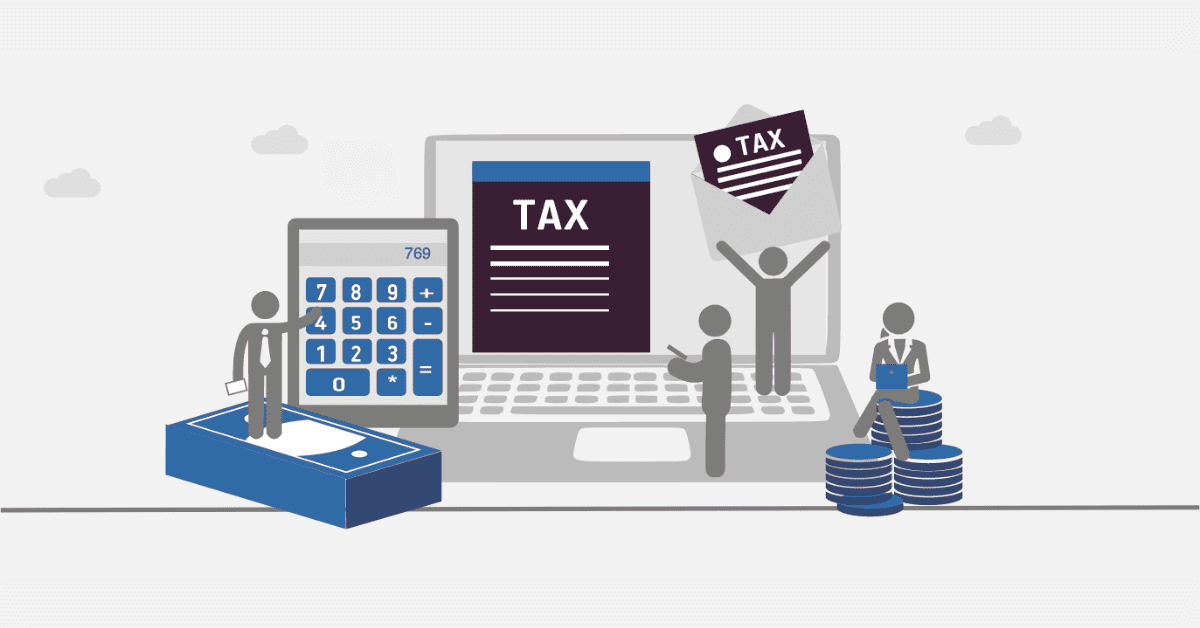While navigating the tax landscape can seem intimidating if you don’t regularly work with financial terms and figures, compiling your tax return isn’t as hard as you may think. However, it does need you to understand some basic financial concepts. If you’ve submitted an income tax return in South Africa recently, you will know that there is a ‘balance sheet’ section at the end of the return. This is intended to give SARS a snapshot of your overall financial standing, as well as help them identify potential fraud and financial inconsistencies. Today, we look at exactly what that ‘liabilities’ section means for you, what belongs there, and how to correctly assess and create your balance sheet for income tax purposes.
What Are the Liabilities on a Tax Return?
‘Liabilities,’ in the financial environment, is the term used for your financial obligations, either as an individual or business. This contrasts with ‘assets’, which are either monies due to you or things you or your business own. When the term used is specifically tax liabilities, this means what you owe to the government as taxes, be it from income, capital gains tax, or other sources.
However, you will notice in the balance sheet section of the tax return, that it compiles a statement of your ‘assets and liabilities’. That’s even the name they use on your ITR12! In other words, here they want the financial value of debts you are owed, property, equipment, and other physical assets, and your financial assets (i.e. cash in the bank, investments, and so on) on the asset side. On the liability side are debts you owe to others, negative financial instruments (like loan accounts, overdrafts, and mortgages), fees, and penalty amounts
What are Current Tax Liabilities on a Balance Sheet?
Current tax liabilities on a balance sheet represent the portion of income taxes payable within the next 12 months. This includes taxes that have accrued but not yet been paid by the end of the financial reporting period. Such liabilities are classified as current because they are expected to be settled in the short term, typically within the upcoming fiscal year. This contrasts with ‘long-term liabilities’ like mortgage accounts, which will be owed over many years.
For businesses, accurately reporting current tax liabilities on their balance sheet is essential for presenting a true and fair view of the company’s financial position. It provides stakeholders, including investors and creditors, with valuable insights into the organization’s immediate tax obligations.
Do remember that this is a term most often found on formal in-house balance sheets, and tax liability does not appear as a term on the SARS income tax form- because its whole point is to establish your tax liability for the relevant period! The ‘statement of assets and liabilities’ balance sheet section of the SARS income tax return is there to summarize the assets and liabilities you
How Do You Calculate Current Tax Liability?
Calculating your current tax liability is surprisingly simple. You will assess your taxable income for the reporting period and apply the applicable tax rate. It’s that easy! The formula for determining current tax liability is as follows:
Current Tax Liability = Taxable Income × Applicable Tax Rate
Once you have established how much gross income you earned in the period, you deduct allowed expenses and other deductions to reach your taxable income. You will then apply the tax rates for that income bracket to reach your current tax liability.
What is the Normal Tax Liability?
Normal tax liability refers to the standard income tax that individuals and businesses are obligated to pay on their taxable income. In South Africa, the normal tax liability is a progressive tax system, where higher income levels are subject to higher tax rates.
For individuals, normal tax liability is calculated on an annual basis, considering things like employment income, business profits, and investment gains. Businesses, on the other hand, calculate their normal tax liability on their annual taxable income, taking into account allowable deductions and exemptions.
What Expenses are Current Liabilities?
That has covered the idea of tax liability. Let’s return to the other use of the word ‘liability’- on your personal balance sheet, where liabilities are ‘things you owe’, and are divided into ‘current’ and ‘long-term’. Expenses categorized as current liabilities are those that are expected to be settled within the next 12 months. While every situation is different, here are the three most common types of current liabilities you see in this situation:
- Accrued Taxes: Taxes that have been incurred but not yet paid by the end of the financial reporting period contribute to current tax liabilities.
- Deferred Tax Liabilities: These arise from temporary differences between accounting and tax rules. For example, if a company uses accelerated depreciation for tax purposes but straight-line depreciation for accounting, it creates a deferred tax liability.
- Provisions for Taxation: Businesses may create provisions to account for potential tax liabilities that may arise in the future, such as pending audits or disputes with tax authorities.
Liabilities is a nebulous and sometimes transferable term, as we’ve seen with the difference here between liabilities on a balance sheet and personal tax liability. However, understanding its basic concept is critical to having an easy time filling in your annual tax return. Hopefully, you now feel much more secure about the concept of liabilities and what they mean for you.
